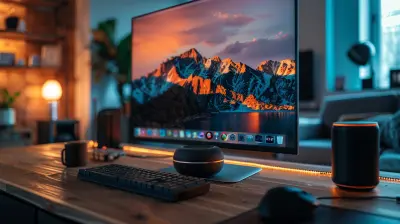How Quantum Sensors Could Revolutionize GPS
20 November 2025
Let’s face it — we’ve come to rely on GPS for everything. Whether you're navigating to a coffee shop, tagging your location on social media, or your Uber driver is finding the fastest route to drop you home, GPS is baked into our digital lives. But here’s the kicker: GPS, as we know it, still has limitations. And this is where things get exciting because quantum sensors might just be the upgrade we’ve been waiting for.
So grab a coffee, kick back, and let's unpack how these futuristic devices could totally transform the way we navigate the world.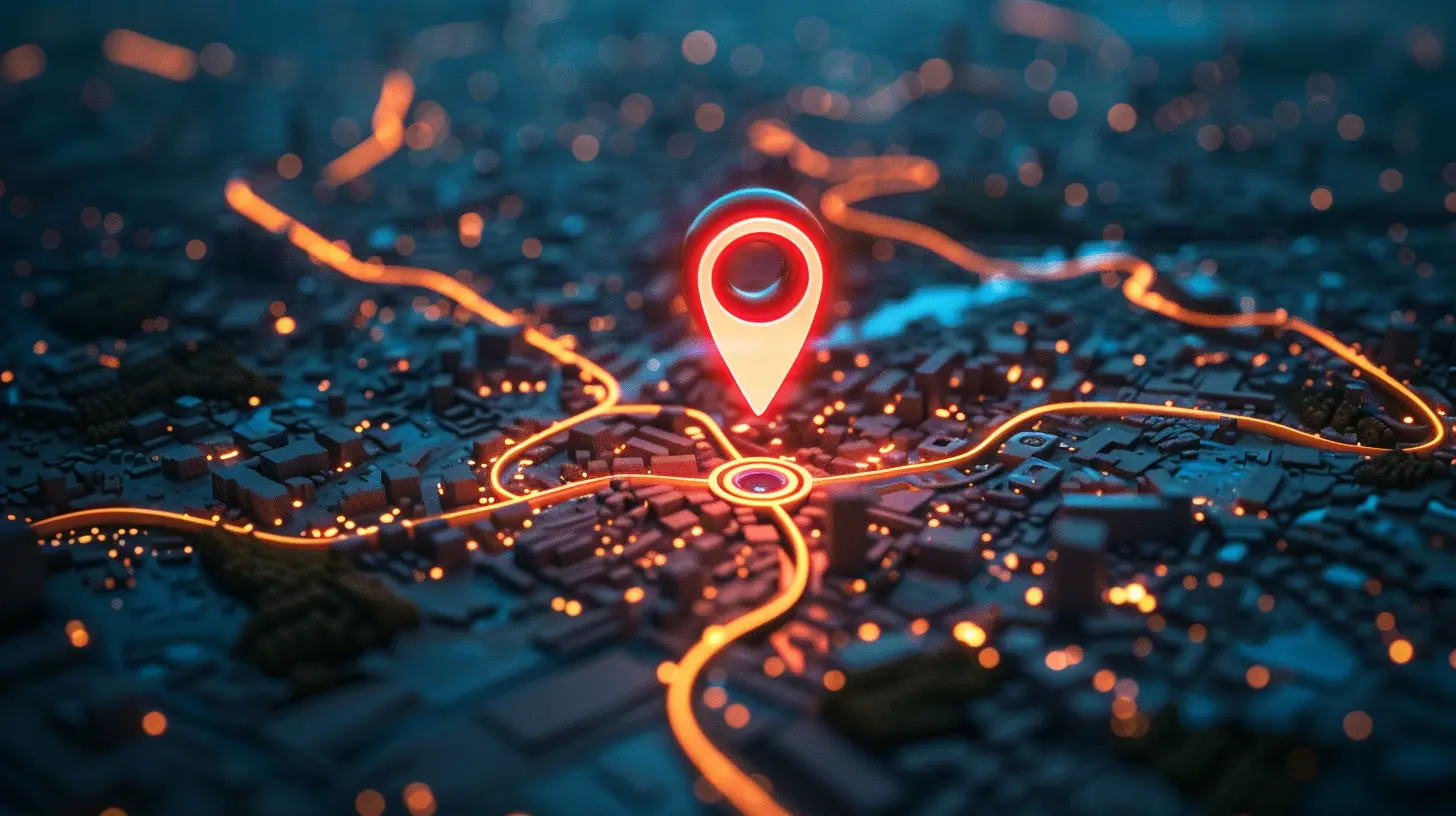
What Exactly Are Quantum Sensors?
Alright, before we dive into the GPS side of things, let's get the basics down. What the heck is a quantum sensor?Quantum sensors are ultra-sensitive measuring devices that use the strange and fascinating principles of quantum mechanics — think superposition, entanglement, and all the sci-fi-sounding stuff. Instead of relying on traditional techniques to measure things like time, gravity, or magnetic fields, they use atoms and particles that behave in uniquely predictable (but weird) ways.
In plain English? They’re like measurement tools on steroids.
These sensors have mind-blowing accuracy and can detect changes in the environment that are too tiny for current tech to notice. It’s like upgrading a pair of dollar store binoculars to the Hubble Telescope.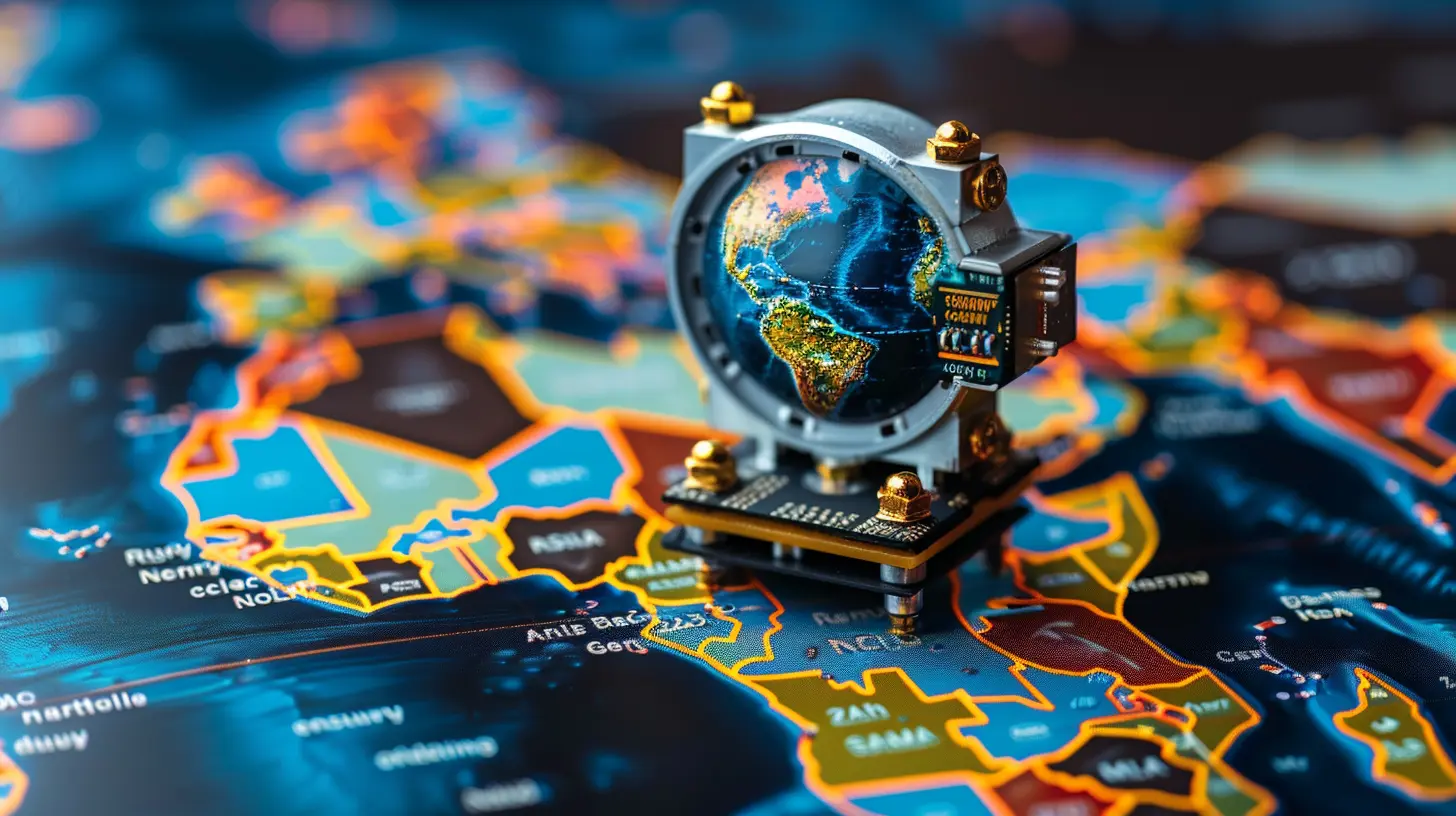
Why Traditional GPS Isn’t As Perfect As It Seems
Okay, GPS is great – no doubt about it. It's what lets us navigate unfamiliar roads without ever having to ask a stranger for directions (thank goodness). But underneath the hood, GPS has a few hiccups:- Signal loss: Ever tried using GPS in a tunnel or deep inside a big city with skyscrapers on all sides? Yeah, not fun.
- Jamming and spoofing: GPS signals are pretty weak and can be jammed (cut off) or spoofed (faked). That’s not just an inconvenience — it’s a serious security risk.
- Limited accuracy: Sure, your GPS can usually get you where you’re going, but it’s not always pinpoint accurate. A few meters off can matter – especially for things like autonomous vehicles or drone deliveries.
- Dependency on satellites: All your navigation data comes from satellites orbiting Earth. If something goes wrong up there (hello, space debris), we’re kind of stuck.
So, what if we had a way to navigate without depending solely on those space-based signals?
Boom — enter quantum sensors.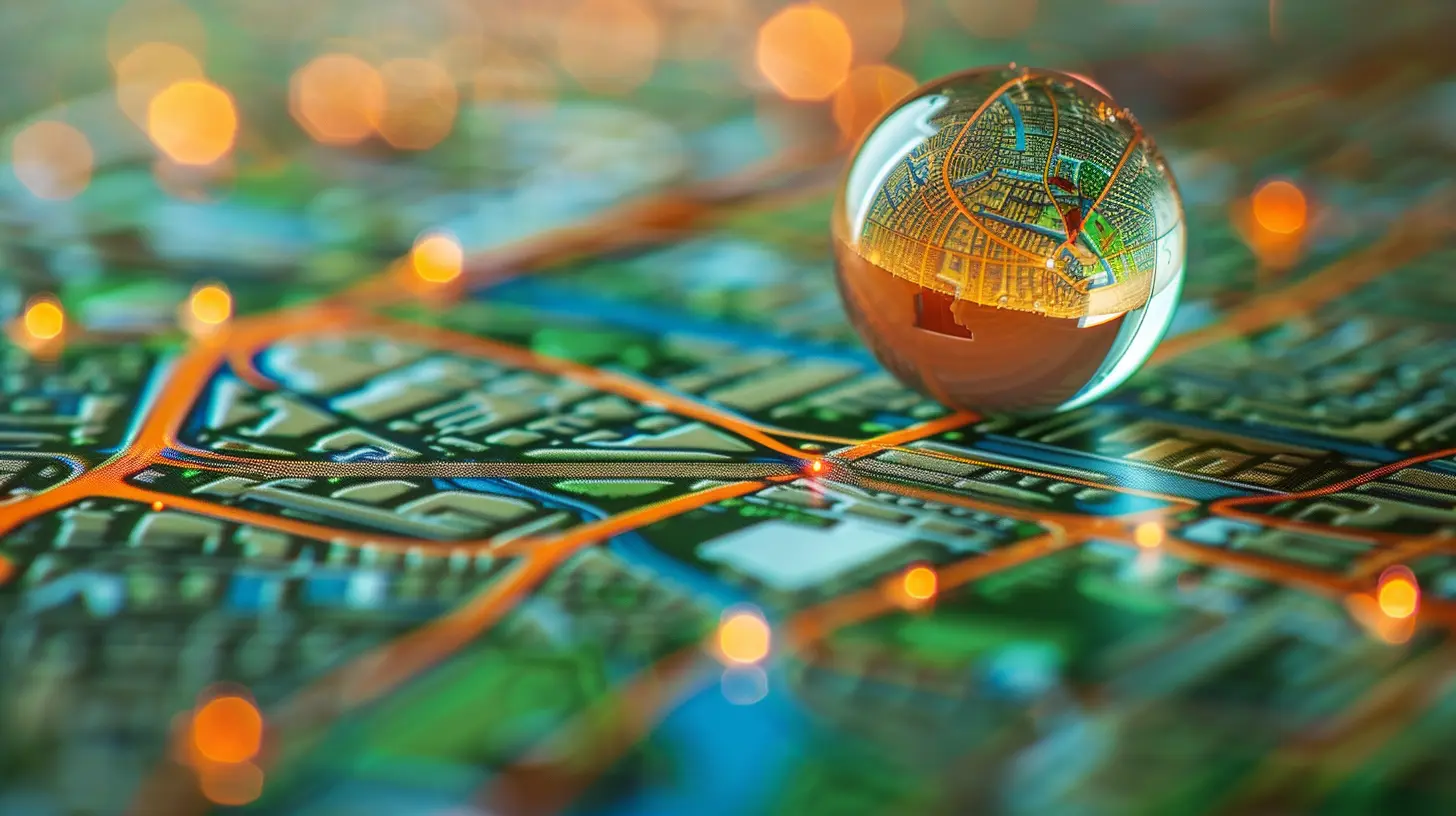
Quantum Sensors + Navigation = A Match Made in Tech Heaven
Imagine a GPS system that doesn’t need a satellite to tell you where you are. Sounds nuts, right? But that’s exactly what quantum sensors bring to the table.Quantum sensors could enable “dead reckoning” with insane precision. This means a device could track its position from a known starting point — without needing GPS signals — by measuring changes in movement and direction using quantum mechanics.
Let’s break it down.
1. Quantum Accelerometers
These babies can measure acceleration so precisely that they can track your movement down to the tiniest change. Unlike regular accelerometers that lose accuracy over time, quantum versions are like the elite athletes of the data world — trained, disciplined, and accurate to a fault.2. Quantum Gyroscopes
Need to know your orientation? Quantum gyroscopes use the principles of superposition and interference to detect changes in orientation with incredible accuracy. This means they can tell exactly how much you've rotated or tilted — which is pretty handy for staying on course.Together, these sensors could create an independent navigation system that works deep underground, underwater, or in remote areas where GPS struggles — without ever phoning home to a satellite.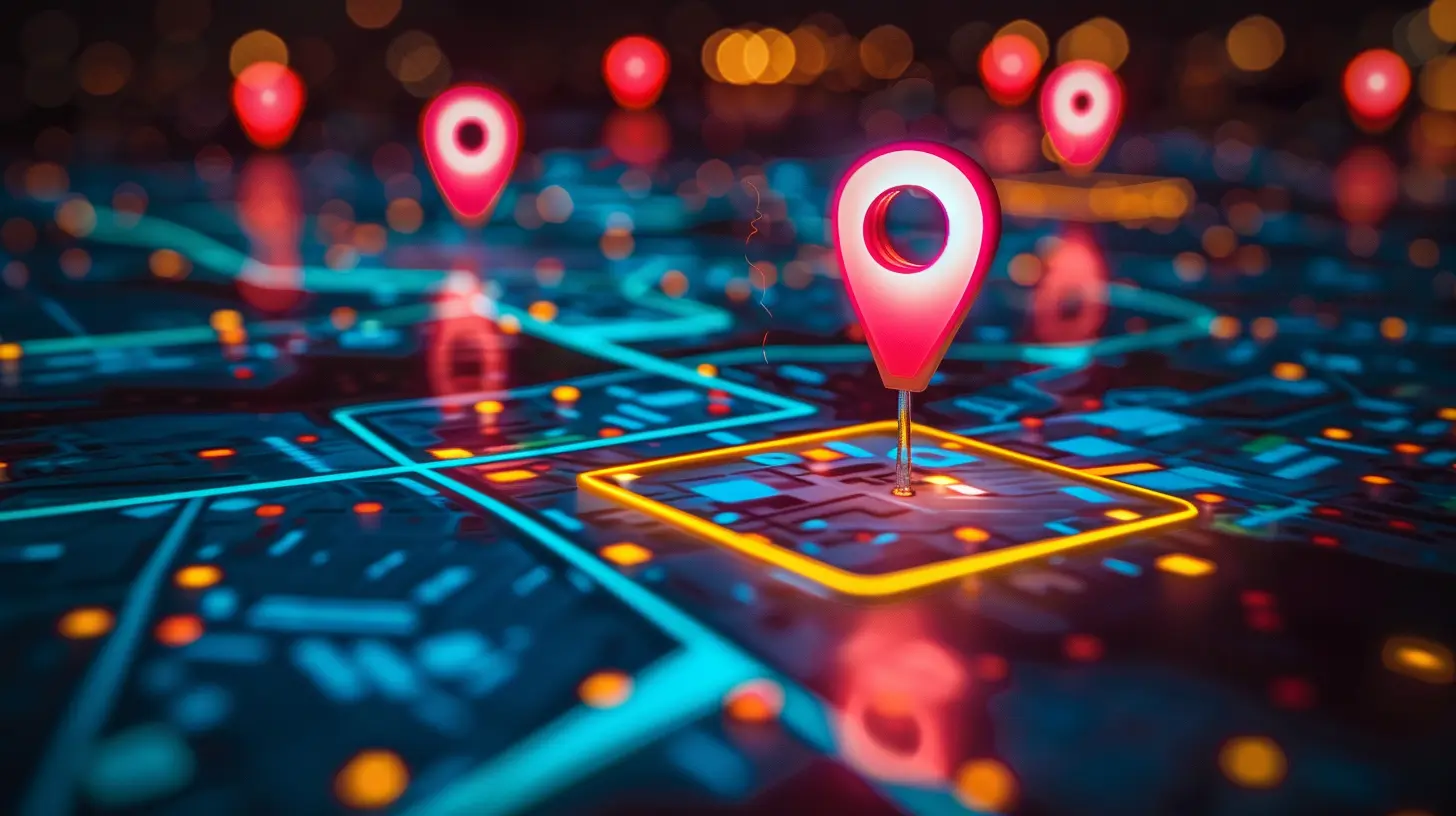
Real-World Applications: Where This Tech Could Shine
Alright, this all sounds great on paper. But what does it look like in action?Let’s walk through some jaw-dropping possibilities.
Military and Defense
In the battlefield, GPS jamming is a legit tactic. With quantum sensors, troops and vehicles can navigate accurately even if all GPS signals are blocked. That’s a huge strategic advantage. Plus, it makes equipment and operations a lot more secure.Aviation and Space Travel
Planes often lose GPS signal when flying over oceans or remote regions. Quantum navigation could keep them on course no matter where they are. And for space missions? Yeah, you can’t really use Earth-based GPS around Mars, can you?Submarine Navigation
Submarines operate in places where GPS waves simply don’t reach — deep underwater. With quantum sensors, subs could navigate better without needing to surface and risk detection.Autonomous Vehicles
Quantum sensors could take the accuracy of self-driving cars to the next level. No more wrong turns or getting confused by road conditions. Think smoother rides and even safer streets.Urban Infrastructure and Emergency Services
Emergency responders need to know where they are — and quickly. In big cities or underground areas (like subway systems), GPS can be flaky. Quantum sensors could help them navigate with confidence, potentially saving lives.But Wait, Are We There Yet?
Now, here’s the reality check.Quantum sensors are still kinda like that high-end concept car — amazing in theory, and working prototypes do exist, but they’re not quite ready for every driveway just yet.
The challenges?
- Complexity: Quantum systems aren’t simple. They need to be cooled to super low temperatures and require some heavy-duty equipment to work properly.
- Size and Portability: Most current quantum sensors are bulky. We’re not fitting them into your Apple Watch anytime soon… yet.
- Cost: High-tech = high price tag. But like with all tech, costs usually come down over time.
Researchers are hustling, though. Big names — including DARPA, Google, and several top universities — are pushing hard to make quantum sensors smaller, cheaper, and more practical.
So while we’re not quite there today, the future’s looking incredibly promising.
How Close Are We to a Quantum GPS Revolution?
We're inching closer every year. Military-grade quantum sensors are already being tested in the field. Some aircraft are being fitted with prototype systems. And research into miniaturizing these sensors is moving faster than anyone expected.We’re probably a few years away from mainstream adoption, but quantum sensor-based navigation is very much on the radar (pun intended).
And when it hits?
It won’t just be an upgrade. It’ll be a total GPS upgrade on steroids — rewriting how we navigate, travel, and interact with the physical world.
Could This Be the End of Traditional GPS?
Not really. Think of quantum sensors as more of a sidekick than a replacement.GPS satellites aren’t going anywhere, and they’ll still be the backbone of global navigation for the foreseeable future. But quantum sensors might be the secret weapon that kicks in when GPS isn’t available or just isn’t good enough.
In other words, it’s GPS 2.0 — powered by the wonders of quantum physics.
Final Thoughts: Why You Should Be Excited
Quantum sensors might sound like something from Star Trek, but they’re very real — and they could change how we move through the world.From helping planes fly safer to making self-driving cars more reliable, to giving soldiers better tools for staying safe — the impact could be massive.
It’s not just a tech upgrade.
It’s a whole new way of thinking about location, movement, and what it means to know exactly where you are — even when the satellites can’t help you.
So while we’re not there yet, keep your eye on the horizon. Because navigating the future? It looks pretty quantum-powered to me.
all images in this post were generated using AI tools
Category:
Emerging TechnologiesAuthor:

Vincent Hubbard
Discussion
rate this article
1 comments
Lindsey Roberson
Exciting times ahead! Quantum sensors could truly transform GPS accuracy and navigation as we know it!
December 7, 2025 at 4:54 AM

Vincent Hubbard
Absolutely! Quantum sensors hold remarkable potential to enhance GPS precision and revolutionize navigation. Exciting times indeed!
